Join us in a 3-month global expedition to unearth the world's Good Organizations! Are you an MBA or business student eager to explore the transformative power of purpose-driven companies? This project is your passport to a journey where you'll dive deep into the concept of Good Organizations, learn about their unique approaches to work, and uncover the secrets to their success.
In a small team it will be your challenge to embark on a sprint to identify one of these exceptional organizations, connect with their key stakeholders, conduct in-depth interviews, and finally, craft a compelling case study that showcase the essence of Good Organizations. This adventure is your opportunity not only to discover the companies that genuinely prioritize well-being, community, and human flourishing over profits, but also to fundamentally reexamine your own role in business, and the legacy you are going to leave.
Are you up for the challenge? Join the quest and be part of a global movement reshaping the future of work!
(Sponsored by Duke University, US and St. Gallen University, Switzerland)



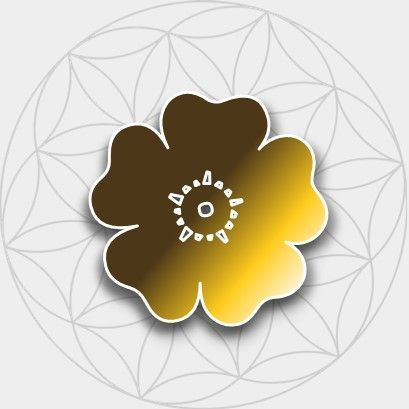
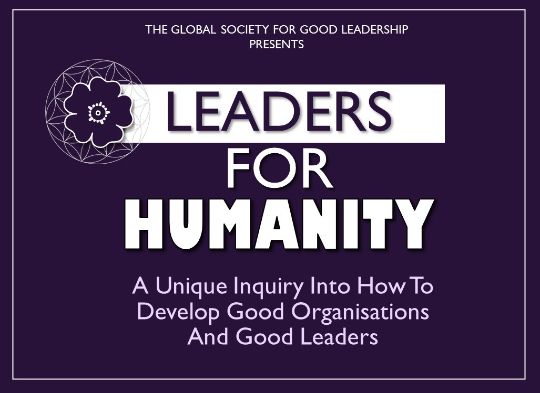
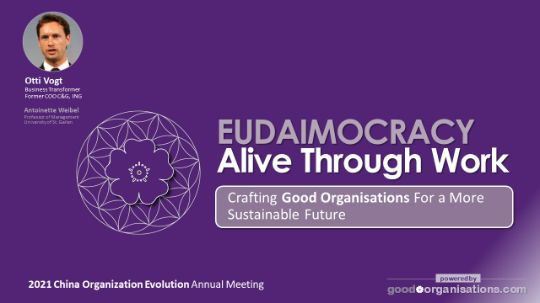


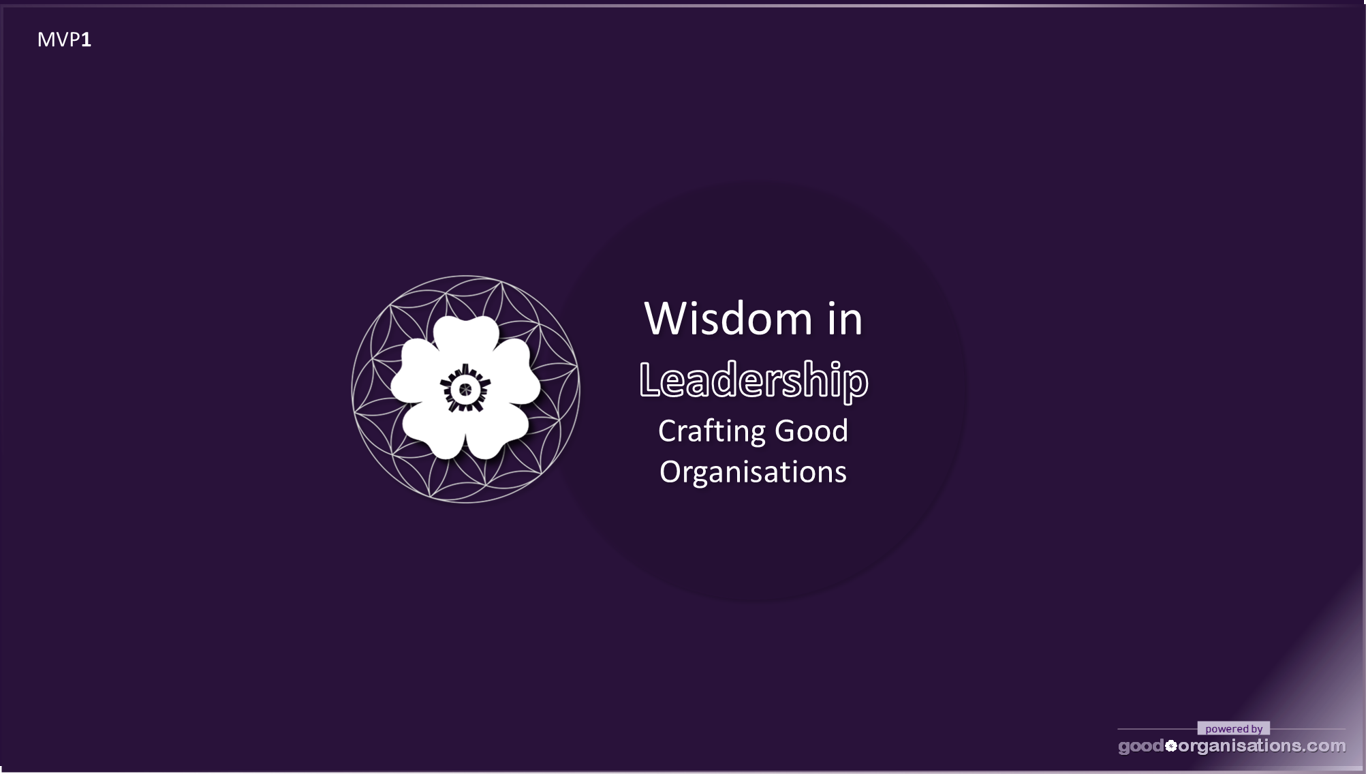
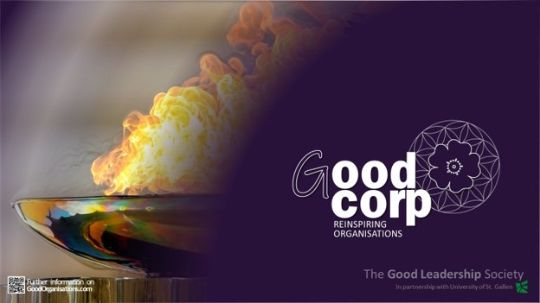
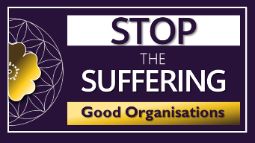
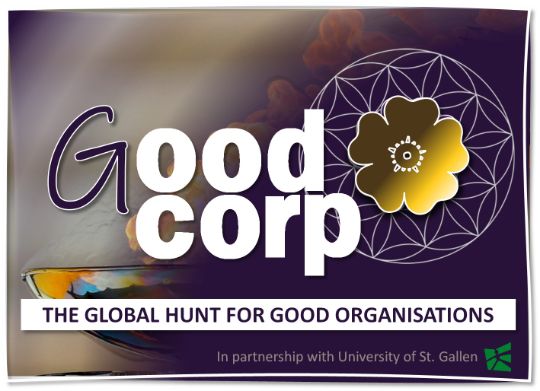
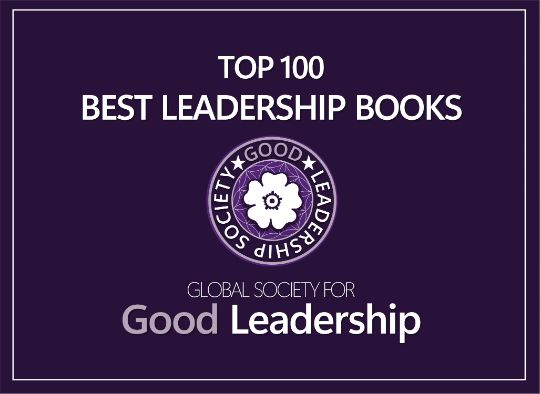
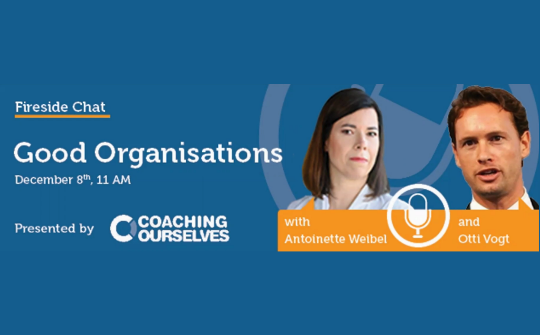
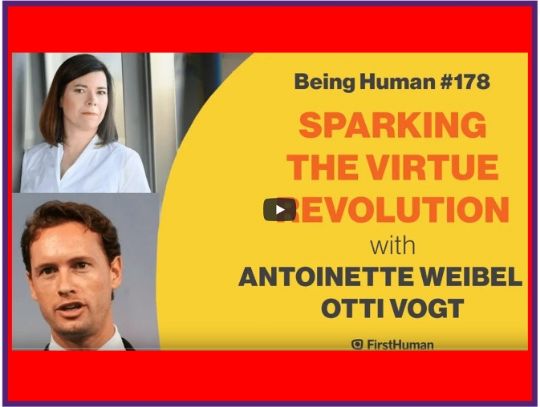
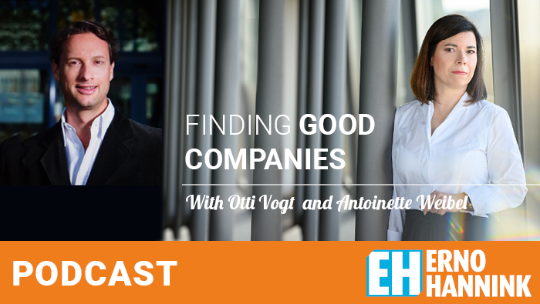

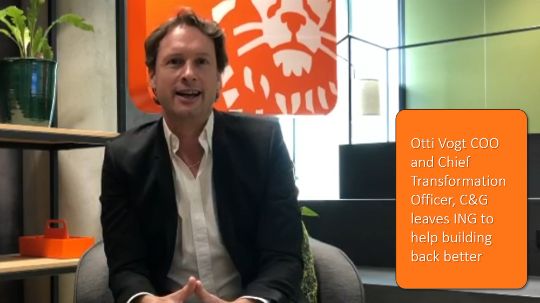
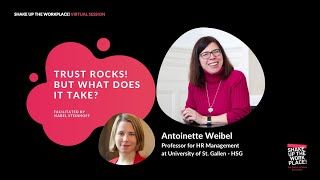
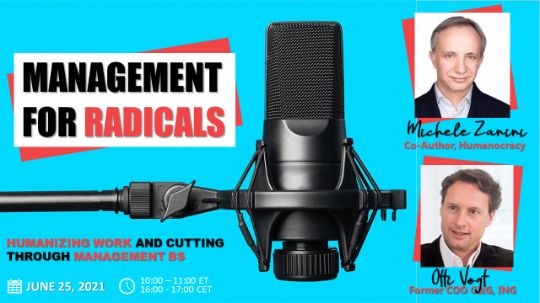

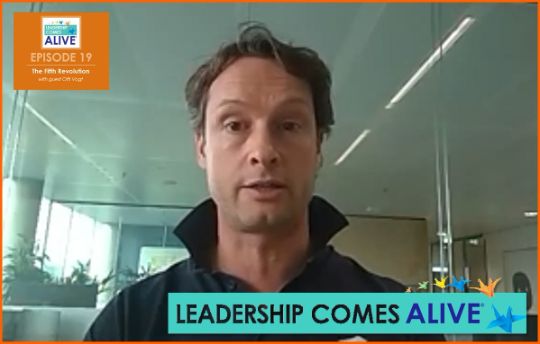
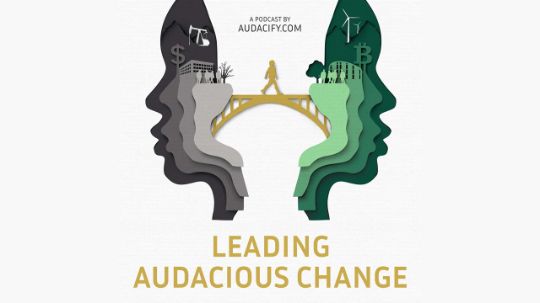
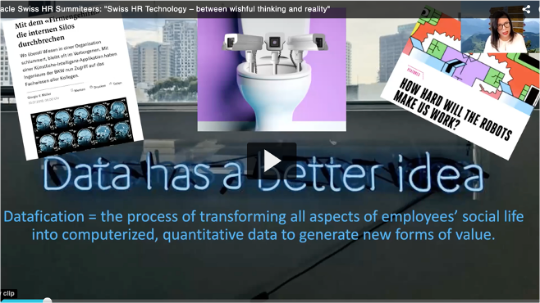
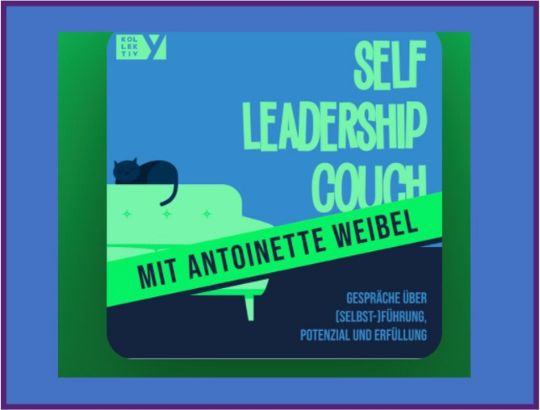
 .
.